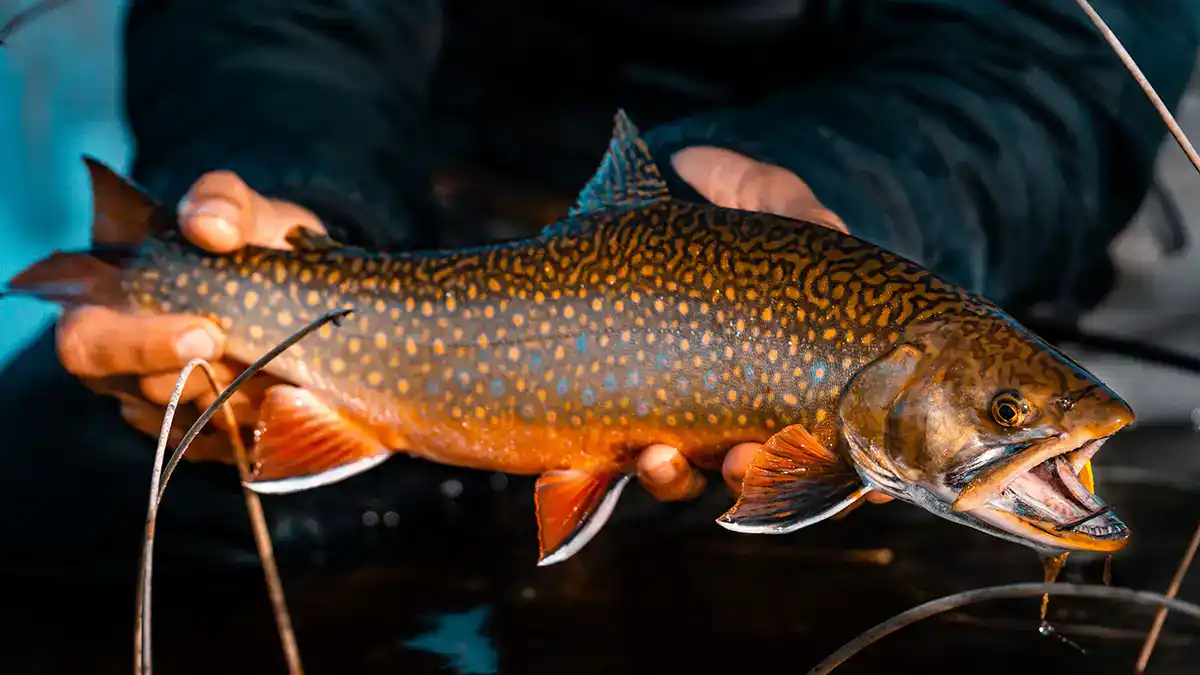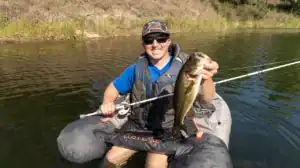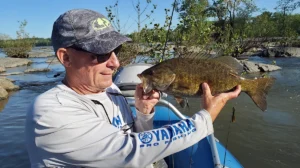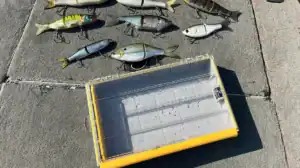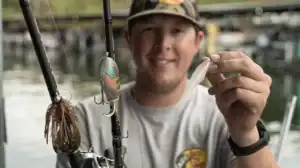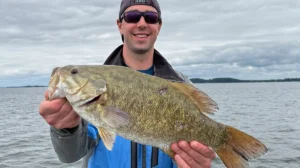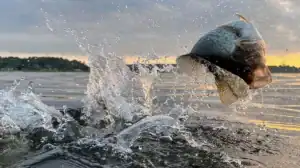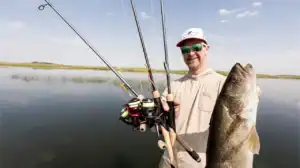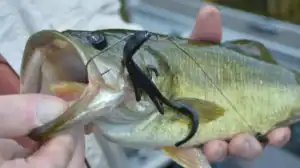Three U.S. anglers have been fined a combined $4,500 and handed one‑year Ontario fishing bans after pleading guilty to catching brook trout out of season and undersized on Lake Nipigon in March 2023. A YouTube video posted by one angler triggered an investigation by Ontario’s Ministry of Natural Resources and Forestry (MNRF).
The case kicked off when Matthew Bilodeau of Midland, Michigan, posted footage of a March 2023 fishing trip to Lake Nipigon, a pristine cold-water fishery located in Ontario, 75 miles northeast of Thunder Bay. The YouTube video showed three anglers catching and keeping brook trout, several of which were undersize, despite the season being closed.
In the footage, one man lands a brook trout that’s not only out of season, but also undersized. Another catches two more brook trout, while a third man assists in landing and measuring the fish.
After reviewing the video, MNRF officers launched an investigation in August 2023. All three men ultimately pleaded guilty to violating Ontario’s Fish and Wildlife Conservation Act. Bilodeau and Kevin Murray, both from Midland, were fined a combined $3,500 and given one-year fishing bans in Ontario. The third man, James Micelli from Saginaw, Michigan, was fined $1,000.
In total, the trio paid $4,500 in penalties after admitting to catching brook trout during the closed season and keeping fish that were under the legal size limit. Justice of the Peace Jerry M. Woods Jr. presided over the remote hearing, which took place in Thunder Bay in March, according to CTV News.
Lake Nipigon is located within Ontario’s Fisheries Management Zone 6, an area with strict rules aimed at protecting native brook trout. In March, when the video was filmed, the brook trout season, which opens on the fourth Saturday in April, was closed, making it illegal to target or keep the species.
Even when the season is open, brook trout in Zone 6 are subject to tight regulations, including daily limits and size restrictions. Anglers are allowed a limited number of trout, and only a portion can exceed specific size thresholds to protect mature, spawning fish.
The rules apply to residents and non-residents alike. U.S. anglers are required to know and follow provincial fishing laws, and breaking them can result in fines, license suspensions, and even fishing bans.
Ontario’s Ministry of Natural Resources and Forestry takes enforcement seriously. In this case, officers didn’t need to catch anyone in the act because the anglers’ own video did the job.
This isn’t the first time an online fishing video has led to charges. In Canada’s Banff National Park, YouTuber Greg Ovens was fined $6,000 after posting a survival challenge that showed him illegally catching cutthroat trout. In Ontario, a TikTok clip of salmon being netted from Bowmanville Creek triggered an active investigation.
Stories like these show that social media posts are increasingly being used to enforce game and fish laws. The message is clear: if it’s not legal, don’t post it. Or better yet, just don’t break the law in the first place.
